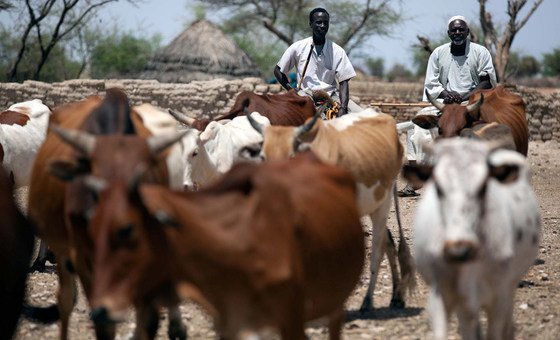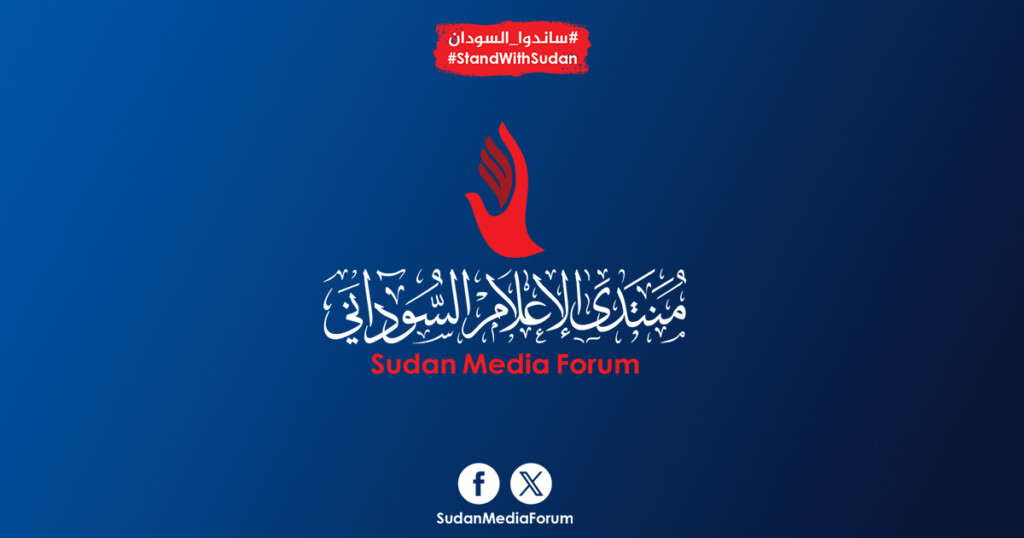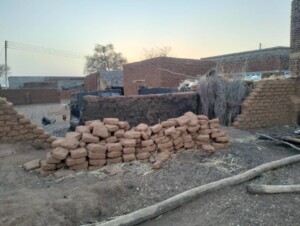Sudan’s pastoralists pay heavy price for war – 7 mln affected

Herders guide their cattle to a water point in South Darfur. Sudan is home to approximately 120 million head of livestock, according to 2016 statistics from the Bank of Sudan (File photo Albert González Farran / UNAMID)
By Sabah Mohammed Adam of Al-Alaq Centre for Press Services for Sudan Media Forum
The pastoralism and livestock sector in Sudan is one of the most vital and strategic sectors, comprising approximately 120 million heads of livestock, according to 2016 statistics from the Bank of Sudan. About seven million people depend on it as a direct or indirect source of livelihood. Despite this importance, this sector has suffered from long-term marginalisation, exacerbated by the ongoing war, climate change, and unsupportive government policies. This is despite the fact that it is a sector that does not cost the state financially due to its reliance on pastures and natural water.
Continued marginalisation and the repercussions of war
A feminist expert working in the field stated that the war between the army and the Rapid Support Forces was not the cause of the pastoral crisis, but rather an extension of chronic problems that had existed for decades. The state failed to provide even the most basic care, including vaccinations and veterinary services, which forced herders to seek out the vaccines themselves in neighbouring countries. Furthermore, international agreements, such as the Transboundary Pastoralists Agreement signed with the African Union, were implemented without internal guarantees for pasture and water, exacerbating the sector’s fragility. The expert added, “There is also the negative perception of pastoral groups, some of whom are accused of being ‘incubators’ for the Rapid Support Forces. This perception, in general, has greatly harmed the pastoral sector in Sudan.”
Pasture loss and threats to the ecosystem
In West Kordofan state, there are more than 23 million head of livestock. Industrial activities, such as oil and gold exploration, have reduced pasture areas and blocked waterways. Digging trenches around fields has affected herd movement and caused large numbers of livestock deaths.
Due to deteriorating security and tribal conflicts, pastoral migration has been halted. Conflicts between southern tribes and pastoralists, along with increased attacks on and killing of livestock, have confined pastoralists and their livestock to narrow areas in the north, amid pressure from climate change, drought, water scarcity, and rising temperatures.
Displacement and change of pastoral activity centres
Due to the war in Darfur and Kordofan, many herders have sought refuge in neighbouring countries, such as the Central African Republic, taking advantage of Sudan’s signing of the “Transboundary Pastoralists” agreement, which was done without any research, as it was done without attention to providing pastures and the accompanying services of seed centres and vaccinations. The Sudanese herders who crossed found government interest and support from those countries in the form of providing pastures, education, and vaccinations, compared to the complete neglect of the Sudanese state.
Economic marginalisation
Herders suffer from the sector’s perceived inferiority complex and repeated calls by economic experts to replace foreign breeds at the expense of local livestock. Most official discussions often focus on slaughter and export, without developing the sector’s infrastructure or providing accurate statistics on the lifestyles of herders and their families.
The effects of war on women in pastoral societies
Women in pastoral areas were the most affected by the repercussions of war and the loss of livestock, with poverty rates and gender-based violence rising. Declining food security and increased displacement have led to new conflicts over resources, impacting women in the form of domestic violence, child marriage, forced marriage, and even suicide. It has also led to psychological violence among women who have lost their sons, husbands, or brothers to the war, leaving them feeling destitute and vulnerable, leading to breakdowns in the absence of psychological and community support. Reproductive health services have declined, and maternal and child mortality have increased due to the lack of medical care, especially with the spread of genetic diseases resulting from family marriages.
The collapse of education among nomads
Previously, the education of herders’ children relied on a boarding system and two groups (A and B) to facilitate continuity of education during their migrations. However, the policies of the Salvation Government (1989-2019) abolished these systems, dried up boarding schools, and promoted the notion that education was unnecessary to support the mobilization process. This pushed children toward ignorance or enlistment in military battalions. This led to a near-total lack of education among nomads, exacerbating marginalization and institutional and societal isolation.
Foreign investments and sovereign challenges
With national policies weakening, Sudan’s neighbouring countries have begun investing in Sudan’s livestock by exploiting its various products (such as intestines used in industries, horns used to make luxury buttons, and gastric juice used in the manufacture of rare medicines). This shift reflects Sudan’s loss of sovereignty over this strategic sector, which has been marginalised and whose society has been subjected to exclusion and exploitation, with its people caught in the throes of war.
It is clear that there are things the Sudanese state must do: stop this absurd war that has harmed this sector and its people, and work to rebuild this sector as an important economic resource, free from political stereotyping and stereotyping. It is a vital sector that deserves comprehensive institutional support by reviving seed and pasture centres along migration routes, expanding vaccination services, rehabilitating the nomadic education system and ensuring the protection of their children’s right to education. It must also support women in pastoral communities through economic empowerment and the provision of health services, and address the effects of gender-based violence, exacerbated by the war. It must also adopt sovereign policies that preserve livestock and prevent its depletion by unregulated foreign investments, an issue that has been overshadowed by institutional corruption. Only in this way can the state, with the oversight of civil society, mend the social fabric shattered by war and the exploitation of this segment. This will restore the confidence of pastoral communities in Darfur and Kordofan, as Sudanese, in their state and its institutions.
This article, prepared by Sabah Mohammed Adam of Al-Alaq Centre for Press Services is published via the platforms of Sudan Media Forum and its member institutions to reflect on the impact of the Sudan war on the livestock sector, the society that grew up dependent on it for its economy, and how the war has exacerbated chronic problems such as conflict and climate change.

#SilenceKills #الصمت_يقتل #NoTimeToWasteForSudan #الوضع_في_السودان_لايحتمل_التأجيل #StandWithSudan #SudanMediaForum











 and then
and then